How to Reduce Your Home’s Energy Consumption
Reducing your home's energy consumption is not only beneficial for your wallet but also for the environment. By implementing simple yet effective strategies, you can lower your energy usage, save money on utility bills, and minimize your carbon footprint. One of the key ways to achieve this is by upgrading to energy-efficient appliances. Investing in appliances with high energy efficiency ratings can significantly decrease your electricity consumption while improving overall performance.
Another essential step in reducing energy consumption is to improve insulation and seal leaks in your home. By enhancing your home's insulation, you can retain heat during the winter and keep cool air inside during the summer. This helps reduce the need for constant heating and cooling, ultimately saving energy and money.
Utilizing smart thermostats is also a smart way to lower your home's energy usage. These devices allow you to control your home's temperature settings remotely and optimize energy usage based on your schedule and preferences. By adjusting the temperature efficiently, you can maximize energy savings without compromising comfort.
Switching to LED lighting is a simple yet effective way to reduce electricity usage in your home. By replacing traditional incandescent bulbs with energy-efficient LED lights, you can lower your lighting costs and decrease energy consumption. LED lights also last longer, reducing the frequency of bulb replacements.
Unplugging electronics when not in use is a habit that can significantly reduce standby power consumption. Many devices and chargers continue to draw power even when turned off, contributing to unnecessary energy waste. By unplugging these items when they are not actively being used, you can save energy and lower your electricity bill.
Harnessing solar power is a sustainable solution to reducing your home's energy consumption. Installing solar panels allows you to generate renewable energy and decrease your reliance on traditional power sources. By utilizing solar power, you can lower your carbon footprint and contribute to a cleaner environment.
Practicing water conservation is another important aspect of reducing energy consumption in your home. Implementing water-saving fixtures and habits can help decrease hot water usage, which is a significant contributor to overall energy consumption. Simple actions like fixing leaks and taking shorter showers can make a big difference in conserving energy.
Scheduling regular HVAC maintenance is crucial for ensuring that your heating and cooling systems operate efficiently. By servicing your HVAC systems regularly, you can optimize their performance, prevent energy waste, and extend their lifespan. Proper maintenance not only saves energy but also reduces the likelihood of costly repairs in the future.
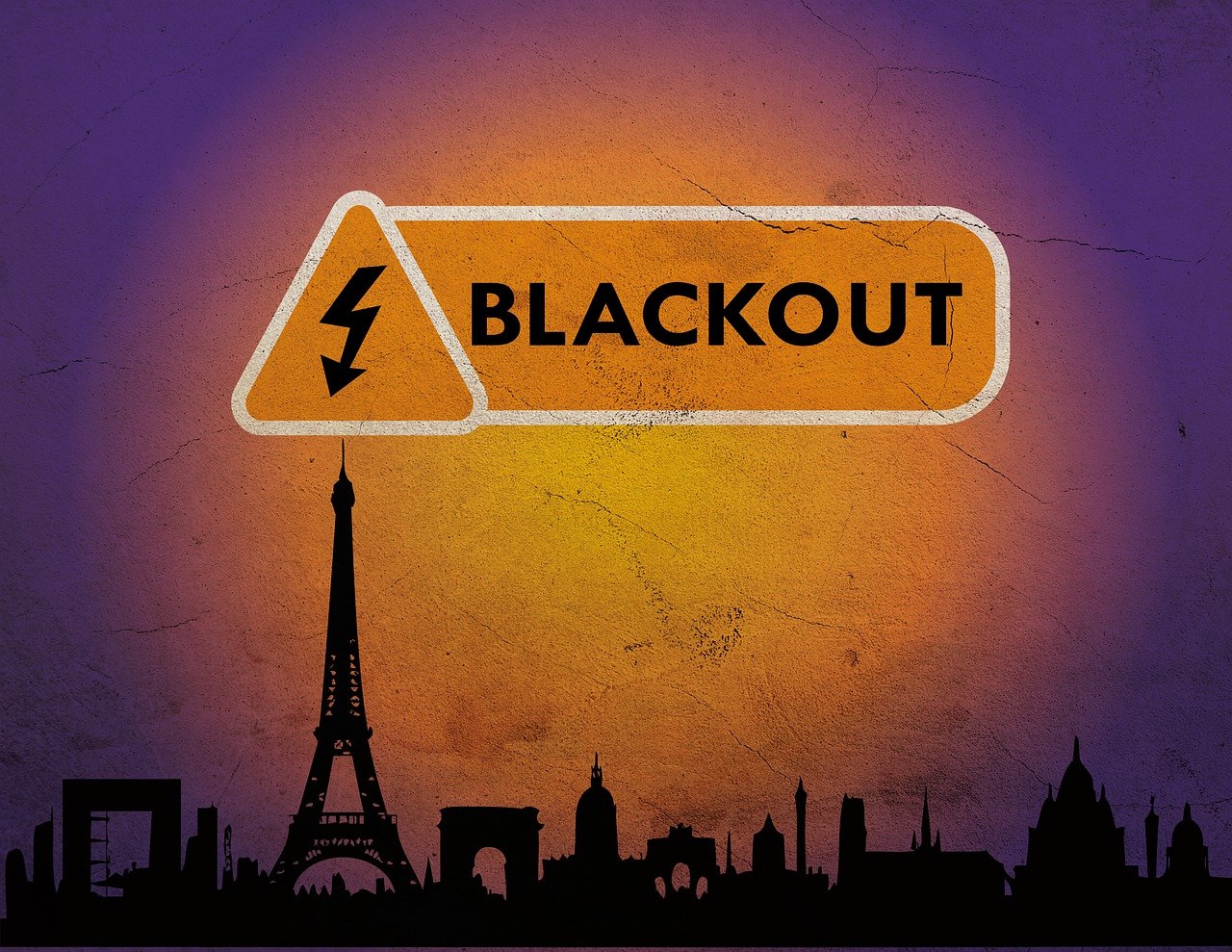
Upgrade to Energy-Efficient Appliances
Learn practical tips and strategies to lower your home's energy usage, save money on utility bills, and reduce your environmental impact.
Invest in appliances with high energy efficiency ratings to decrease electricity consumption and enhance overall performance. By upgrading to energy-efficient appliances, you not only save on your energy bills but also contribute to a greener environment. These appliances are designed to use less energy while providing the same level of functionality, making them a smart investment for your home. Imagine your appliances working like silent energy-saving heroes, quietly reducing your energy consumption without compromising on performance.

Improve Insulation and Seal Leaks
Learn practical tips and strategies to lower your home's energy usage, save money on utility bills, and reduce your environmental impact.
Invest in appliances with high energy efficiency ratings to decrease electricity consumption and enhance overall performance.
When it comes to reducing your home's energy consumption, improving insulation and sealing leaks are crucial steps. Proper insulation helps retain heat during winter months and keeps cool air inside during the summer, reducing the need for constant heating and cooling. By sealing any leaks in your home, you can prevent energy wastage and ensure that your heating and cooling systems operate efficiently.
Control your home's temperature settings remotely and optimize energy usage based on your schedule and preferences for maximum efficiency.
Replace traditional incandescent bulbs with energy-efficient LED lights to reduce electricity usage and lower your lighting costs.
Avoid standby power consumption by unplugging devices and chargers when they are not actively being used to save energy.
Install solar panels to generate renewable energy and reduce reliance on traditional power sources, decreasing your carbon footprint.
Implement water-saving fixtures and habits to reduce hot water usage, which can contribute to lower energy consumption.
Ensure your heating and cooling systems are running efficiently by scheduling routine maintenance to optimize performance and reduce energy waste.
Have more questions about reducing your home's energy consumption? Check out these FAQs:
- Q: How much can upgrading to energy-efficient appliances save me on my utility bills?
- A: Upgrading to energy-efficient appliances can save you up to 30% on your energy bills, depending on the appliances you choose and your usage patterns.
- Q: Are smart thermostats difficult to install and use?
- A: Smart thermostats are designed to be user-friendly and many come with easy installation guides. Once installed, they can be controlled through user-friendly apps on your smartphone.
- Q: How much does it cost to install solar panels for my home?
- A: The cost of installing solar panels can vary depending on the size of your home and your energy needs. However, many government incentives and financing options are available to make solar power more affordable.
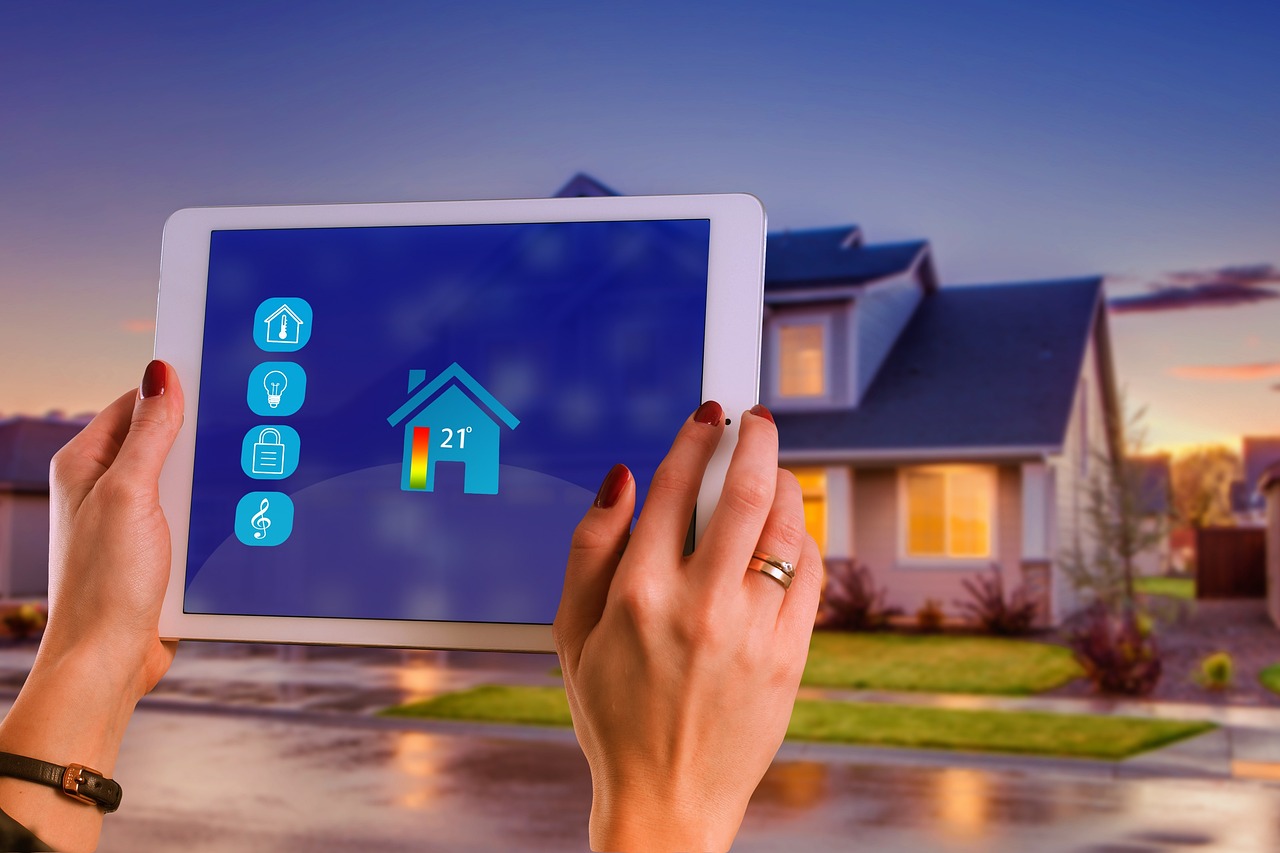
Utilize Smart Thermostats
Learn practical tips and strategies to lower your home's energy usage, save money on utility bills, and reduce your environmental impact.
Smart thermostats are revolutionizing the way we control our home's temperature. Imagine having the power to adjust the heating or cooling of your home from anywhere, at any time, with just a few taps on your smartphone. These intelligent devices not only provide convenience but also play a crucial role in optimizing energy usage for maximum efficiency.
By programming your smart thermostat to match your daily schedule, you can ensure that your home is only using energy when needed. For example, you can set it to lower the temperature while you're away at work and have it kick back on before you arrive home, creating a comfortable environment without wasting energy.
Additionally, smart thermostats offer insights into your energy consumption patterns, allowing you to identify areas where you can make further adjustments to save energy and reduce costs. Some models even provide energy usage reports and tips on how to improve efficiency, empowering you to take control of your home's energy consumption like never before.
Moreover, these devices can learn your preferences over time and adjust settings automatically to optimize comfort and energy savings. With features like geofencing, smart thermostats can detect when you're approaching home and adjust the temperature accordingly, ensuring that you always walk into a cozy space without unnecessary energy waste.
Investing in a smart thermostat is not just a smart choice for your home; it's a step towards a more sustainable future. By utilizing these advanced technologies, you can reduce your environmental impact while enjoying increased comfort and significant savings on your energy bills.
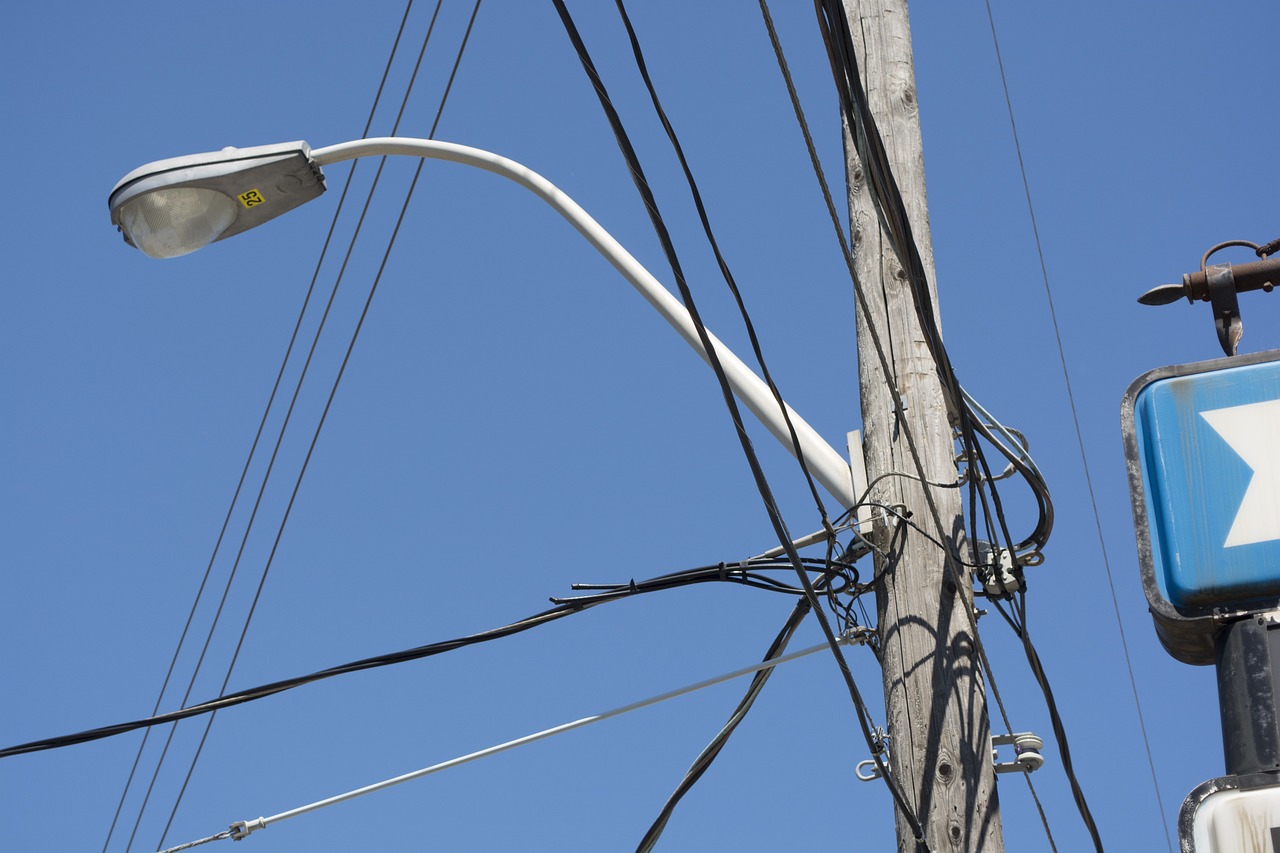
Switch to LED Lighting
When it comes to reducing your home's energy consumption, one effective step you can take is to . LED lights are known for their energy efficiency and longevity, making them a smart choice for environmentally conscious homeowners. By replacing traditional incandescent bulbs with LED lights, you can significantly reduce your electricity usage and lower your lighting costs over time.
LED lights consume less energy while providing the same level of brightness as traditional bulbs, making them a cost-effective lighting solution for your home. Additionally, LED lights emit less heat, reducing the strain on your cooling system during hot weather and further contributing to energy savings.
One of the key advantages of LED lighting is its long lifespan compared to incandescent bulbs. LED lights can last up to 25 times longer, reducing the frequency of replacements and lowering maintenance costs. This not only saves you money in the long run but also reduces the environmental impact of disposing of old bulbs.
When making the switch to LED lighting, consider the various options available, such as dimmable LEDs for adjustable lighting levels and color temperature options to create the desired ambiance in different rooms. With advancements in LED technology, you can now find a wide range of LED fixtures suitable for various lighting needs in your home.
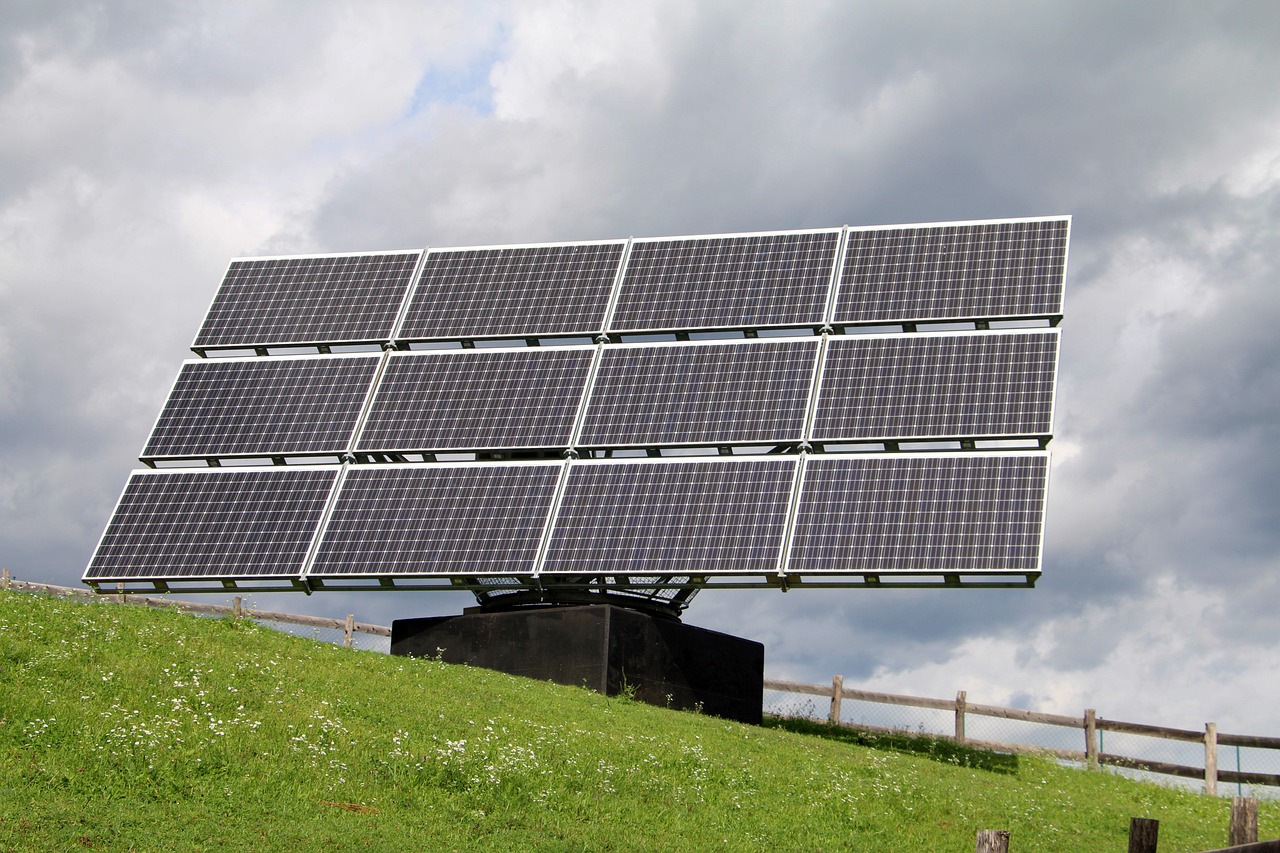
Unplug Electronics When Not in Use
Learn practical tips and strategies to lower your home's energy usage, save money on utility bills, and reduce your environmental impact.
When it comes to reducing your home's energy consumption, one simple yet effective strategy is to . Many devices continue to draw power even when turned off, contributing to what is known as standby power consumption. By unplugging devices such as TVs, chargers, and appliances when they are not actively being used, you can save energy and reduce your electricity bill.

Harness Solar Power
When it comes to reducing your home's energy consumption and embracing sustainability, harnessing solar power is a game-changer. By installing solar panels on your property, you can tap into the abundant energy provided by the sun and significantly decrease your reliance on traditional power sources. Not only does this help lower your electricity bills, but it also allows you to contribute to a greener environment by reducing your carbon footprint.
Solar power systems work by converting sunlight into electricity through photovoltaic cells, which capture the sun's energy and convert it into usable power for your home. This renewable energy source is clean, abundant, and inexhaustible, making it a sustainable choice for homeowners looking to reduce their environmental impact.
Moreover, installing solar panels can increase the value of your property and provide long-term savings on your energy bills. While the initial investment may seem significant, the return on investment over time is substantial, making solar power a smart and cost-effective choice for homeowners committed to energy efficiency.
By harnessing solar power, you not only benefit from reduced energy costs and a more sustainable lifestyle but also contribute to the larger goal of transitioning towards clean energy sources for a brighter and more sustainable future.

Practice Water Conservation
Water conservation is a crucial aspect of reducing your home's energy consumption and overall environmental impact. By implementing simple yet effective practices, you can significantly decrease your hot water usage, leading to lower energy consumption and utility bills.
One practical way to practice water conservation is by installing low-flow fixtures in your home. These fixtures, such as aerators on faucets and low-flow showerheads, help reduce the amount of water used without compromising water pressure. By using less hot water, you can save energy that would have been used to heat the water, resulting in cost savings and environmental benefits.
Another effective method is to fix any leaks promptly. Even small leaks in faucets, toilets, or pipes can waste a significant amount of water over time. Regularly check for and repair leaks to prevent unnecessary water wastage, which in turn reduces the energy required to treat and distribute water to your home.
Additionally, consider incorporating water-saving habits into your daily routine. Simple actions like taking shorter showers, only running the dishwasher and washing machine with full loads, and turning off the tap while brushing teeth can add up to substantial water and energy savings over time.
Furthermore, if you have a garden or lawn, consider using rain barrels to collect rainwater for outdoor watering. This practice not only conserves water but also reduces the energy needed to pump and treat water for irrigation purposes.
By combining these water conservation strategies with other energy-saving measures in your home, you can create a more sustainable living environment while also reducing your utility costs.
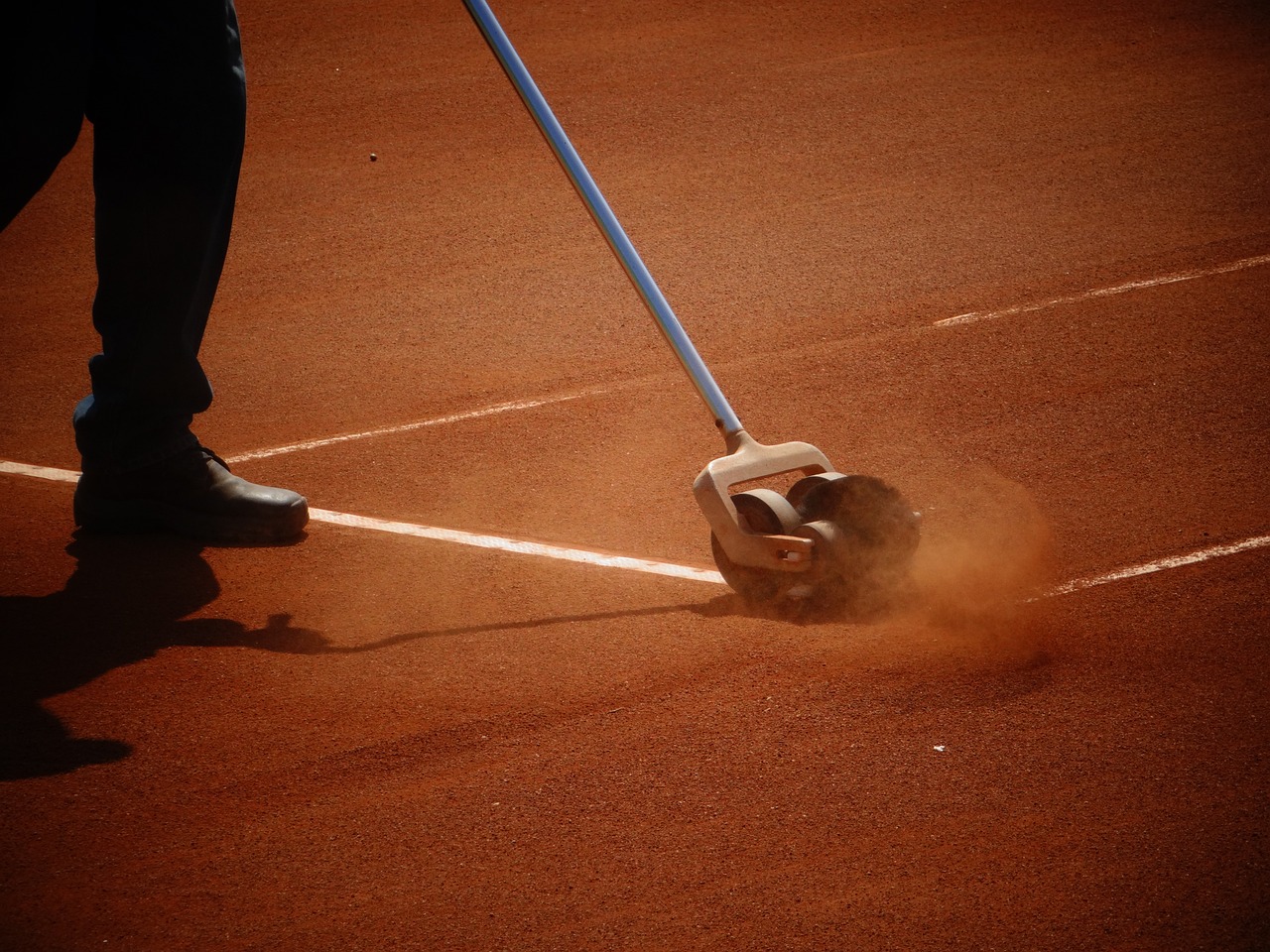
Schedule Regular HVAC Maintenance
Learn practical tips and strategies to lower your home's energy usage, save money on utility bills, and reduce your environmental impact.
Regular maintenance of your Heating, Ventilation, and Air Conditioning (HVAC) system is crucial to ensure optimal performance and energy efficiency. By scheduling routine HVAC maintenance, you can prevent potential breakdowns, extend the lifespan of your system, and maximize its energy-saving capabilities.
During a maintenance service, a professional technician will inspect, clean, and tune-up your HVAC system, including checking for any leaks, replacing filters, and lubricating moving parts. This proactive approach can help identify minor issues before they escalate into major problems, saving you from costly repairs and ensuring your system operates at peak efficiency.
By regularly servicing your HVAC system, you can also improve indoor air quality, enhance comfort levels in your home, and reduce energy waste. A well-maintained HVAC system consumes less energy to heat or cool your home, resulting in lower utility bills and a smaller environmental footprint.
Frequently Asked Questions
- What are the benefits of upgrading to energy-efficient appliances?
Upgrading to energy-efficient appliances can significantly reduce your electricity consumption, resulting in lower utility bills. These appliances are designed to perform better while using less energy, contributing to a more sustainable and environmentally friendly home.
- How can improving insulation and sealing leaks help in reducing energy usage?
Improving insulation and sealing leaks in your home can help maintain a consistent indoor temperature, reducing the need for excessive heating or cooling. By preventing heat loss in winter and heat gain in summer, you can lower your energy consumption and improve overall comfort.
- Why should I consider switching to LED lighting?
Switching to LED lighting is a cost-effective way to reduce electricity usage and save money on lighting costs. LED bulbs are more energy-efficient and have a longer lifespan compared to traditional incandescent bulbs, making them a smart choice for energy-conscious homeowners.
- How does harnessing solar power benefit my home's energy consumption?
By installing solar panels, you can generate your own renewable energy and reduce your reliance on traditional power sources. This not only lowers your electricity bills but also decreases your carbon footprint, contributing to a greener and more sustainable lifestyle.
- What are some water conservation practices that can help lower energy consumption?
Implementing water-saving fixtures such as low-flow faucets and showerheads, as well as practicing habits like fixing leaks and taking shorter showers, can reduce hot water usage. Since heating water accounts for a significant portion of energy consumption in homes, conserving water can lead to energy savings.
- Why is regular HVAC maintenance important for energy efficiency?
Scheduling regular maintenance for your heating, ventilation, and air conditioning (HVAC) systems ensures that they operate at peak efficiency. Proper maintenance helps prevent energy waste, improves system performance, and extends the lifespan of your HVAC equipment, ultimately reducing energy consumption.



















